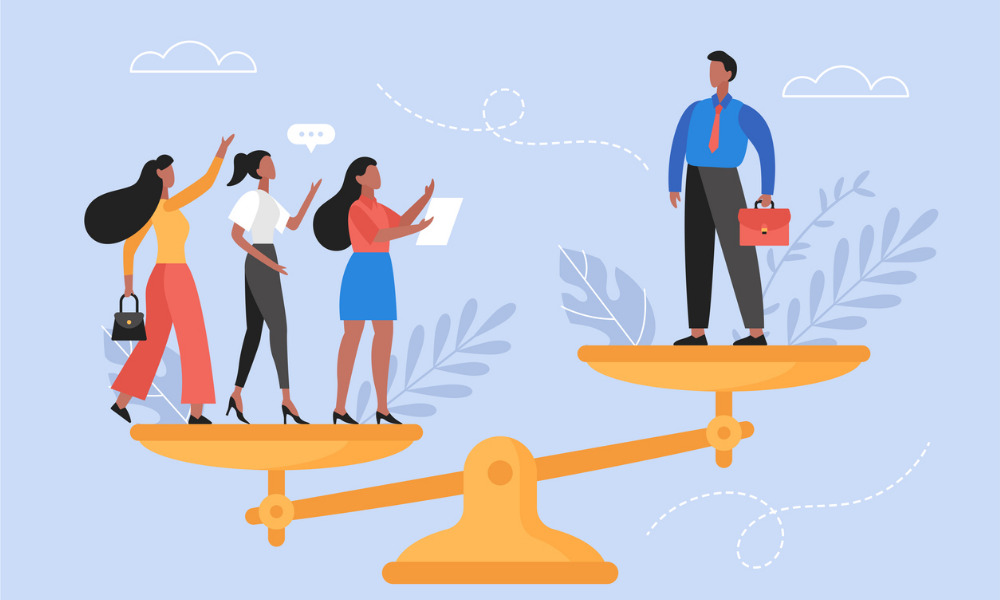This article was brought to you by Must Share Good Things. Check us out and follow us on our Tiktok, Facebook, Instagram or Telegram for more content!
–

In the latest World Economic Forum Global Gender Gap Report 2021 (GGGI) , Singapore is ranked 54th out of 156 countries with a score of 0.727. 0 is total inequality while 1 is equality.
The Global Gender Gap Index (GGGI) benchmarks national gender gaps on economic, political, education and health criteria, and provides country rankings for comparison across regions and (country) income groups, and over time. The GGGI determines a country’s ranking by comparing the levels of women’s empowerment, as well as access to resources and opportunities, to those of men.
Today, over 70% of women in Singapore agree that gender discrimination exists in the workplace. However, men face challenges too. Locally, male pre-school teachers make up only 1% of the total pool of early childhood educators. With such mindsets, could gender equality be achieved in Singapore? In this article, we will dive into reasonings on both spectrums.

Looking into feminism – the advocacy of women on the basis of the equality of the sexes. However, not everyone is supportive. 1 in 3 Singaporean men believe feminism does more harm than good and that traditional masculinity is under threat. With this mentality could there actually be progression towards gender equality?
Moreover, gendered expectations affect mindsets and behaviour. For instance, a proposal/engagement. Approximately only 2% of women surveyed proposed to their male partners, and two thirds of women feel they must wait for their partner to make their engagement official, even though 98% think of themselves as completely equal to their partners.
However, it is evident that there are current efforts in place span three key thrusts — strengthening workplace fairness, enabling workforce participation, and facilitating greater women’s representation in leadership roles.

Enabling Workplace Participation
On the bright side, there has been different initiatives seeking for improvements. With the introduction of Tripartie Statement of Flexible Work Arrangement (FWA). Flexible Work Arrangements (FWAs) have strengthened the resilience of workplaces during the COVID-19 pandemic.
Practices such as telecommuting and staggered work hours have become more prevalent, as such, the initiative enables mentorship, networking and training to help women at work and those re-entering the workplace. Business organisations and community partners have introduced a range of new programmes such as mentorship, networking, and training opportunities for women at work at different levels and those returning to work.
To encourage greater utilisation of parental leave, the Public Service will actively encourage eligible public officers to take all their paternity or maternity leave within the first year of their child’s birth.

Strengthening workplace fairness
The first key area under this thrust is enforcement. The Tripartite Guidelines on Fair Employment Practices require employees and jobseekers to be assessed on merit and not on factors unrelated to his/her ability to perform the job, such as marital status or family responsibilities. Therefore, such conditions would better prepare for women in the various sectors.
Even with the initiatives made by the government ,all of us also have a role to play – to change our mindsets and age-old stereotypes about the roles of men and women in our society. I strongly believe this is getting in our way of social change—where men can cook and take care of the home and women can go to work and earn for the family. Therefore, it is our responsibility to encourage and support such change through the growth of our mindset.
What do you think?
–
Since you have made it to the end of the article, follow Wake Up Singapore on Telegram!





